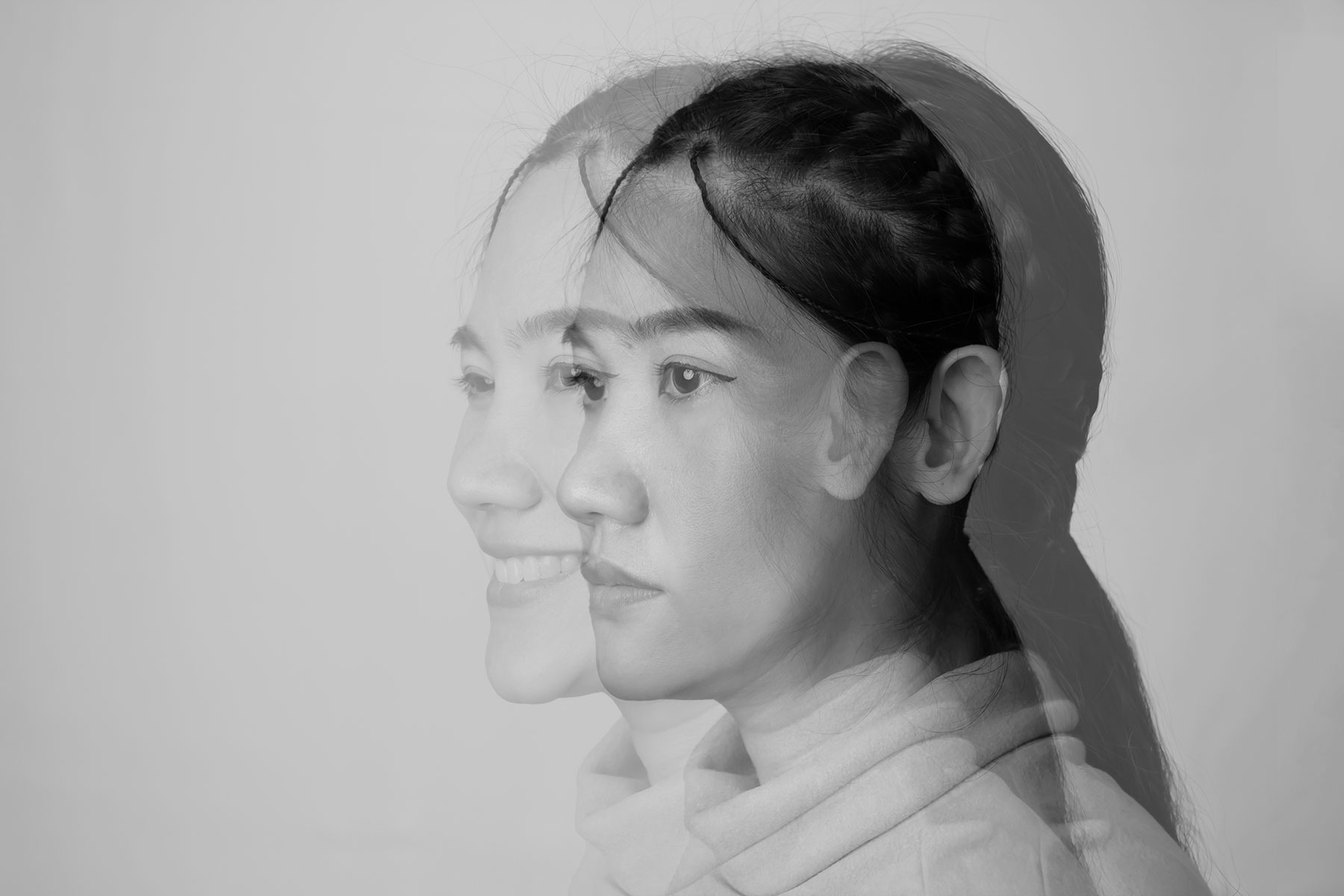Dissociative disorders represent a complex set of mental health conditions that disrupt the seamless operation of consciousness, memory, identity, or perception. These disorders can occur due to various factors, including trauma, stress, or a coping mechanism for overwhelming emotions. It is essential to understand that dissociative disorders are not the same as psychosis or schizophrenia and do not necessarily indicate a loss of touch with reality.
At Harmony Hills, we believe in empowering you with knowledge to understand and navigate these disorders. We offer treatment for dissociative disorders through our various programs. Contact us today at 855.494.0357 for more information.
What Are Dissociative Disorders?
Dissociative disorders are a group of mental health conditions that manifest as a disconnection between thoughts, identity, consciousness, and memory. People experiencing these disorders may feel detached from themselves and their surroundings, which can significantly impact daily functioning and quality of life.
The human mind is intricate, and sometimes, it can respond to trauma or stress in unexpected ways. Dissociative disorders are one such response. They often stem from severe psychological stress, typically associated with traumatic experiences such as abuse, war, accidents, or disasters. In an attempt to cope, the mind disconnects from reality, leading to disruptions in memory, awareness, identity, or perception.
Types of Dissociative Disorders
To better comprehend these disorders, let’s explore the three main types:
- Dissociative identity disorder (DID) – Formerly known as multiple personality disorder, DID is characterized by the presence of two or more distinct identities or personality states.
- Dissociative amnesia – This involves gaps in memory for long periods or events in life, which cannot be explained by ordinary forgetfulness.
- Depersonalization or derealization disorder – Here, individuals often feel detached or disconnected from themselves, experiencing the world as unreal.
Aside from the three main types, there are other dissociative disorders with unique characteristics. These include:
- Dissociative fugue – This disorder involves an individual abruptly leaving their home or place of work and assuming a new identity.
- Other specified dissociative disorder (OSDD) – It may involve symptoms that do not fit into the above categories, such as a trance-like state or unexplained paralyzing.
An individual with DID might switch between personalities, each having its own perceptions, behaviors, and memories. People with dissociative amnesia might forget critical personal information, like their names or specific past events. Those with depersonalization or derealization disorder could feel as if they’re observing their own body from an outside perspective.
Common Characteristics of Dissociative Disorders
While each type of dissociative disorder has distinct features, some common characteristics include significant memory loss, a sense of being detached from oneself, identity confusion, and a perception of the world as dreamlike or unreal.
Some other signs or symptoms of dissociative disorders include:
- Feeling as if one is watching oneself from outside the body
- A sense of being disconnected or detached from memories or emotions
- Sudden, unexpected changes in mood or behavior
- Flashbacks to traumatic events
- Hearing voices in their head
- If you or a loved one experiences any of these symptoms, it might be an indication of a dissociative disorder.
Coping Mechanisms and Treatment Options
While living with a dissociative disorder can be challenging, remember that help is at hand. At Harmony Hills, we offer comprehensive treatment programs designed to address your unique needs. Cognitive-behavioral therapy, dialectical behavior therapy, eye movement desensitization and reprocessing (EMDR), and medication are all potential treatment options.
We encourage you if you or someone you know is experiencing symptoms of a dissociative disorder, to reach out for professional help. Remember, it’s not just about surviving; it’s about thriving, and we at Harmony Hills are committed to guiding you on that journey.
Contact Harmony Hills for Dissociative Disorder Treatment Options
Remember, understanding is the first step towards healing. By recognizing what dissociative disorders are, their types, examples, and common characteristics, we can break down barriers, reduce stigma, and foster an environment conducive to recovery.
At Harmony Hills, we believe in nurturing resilience, fostering recovery, and promoting reconnection. We’re here to help you navigate the path to mental health wellness with compassion, knowledge, and expert care. Reach out to us today at 855.494.0357.







